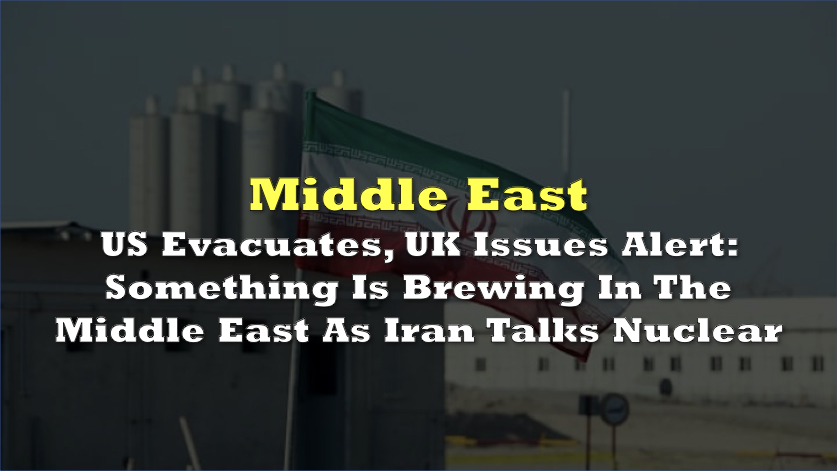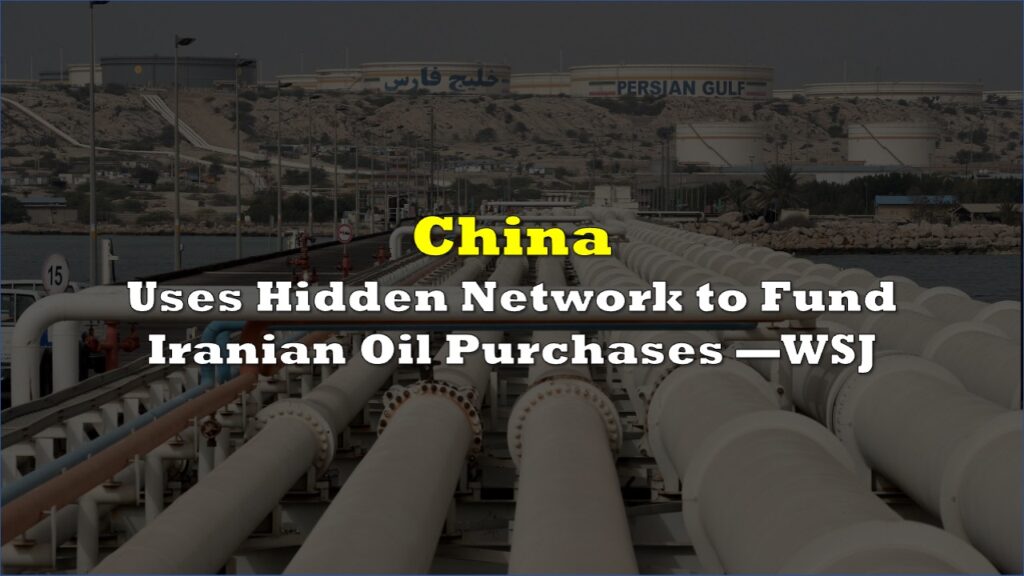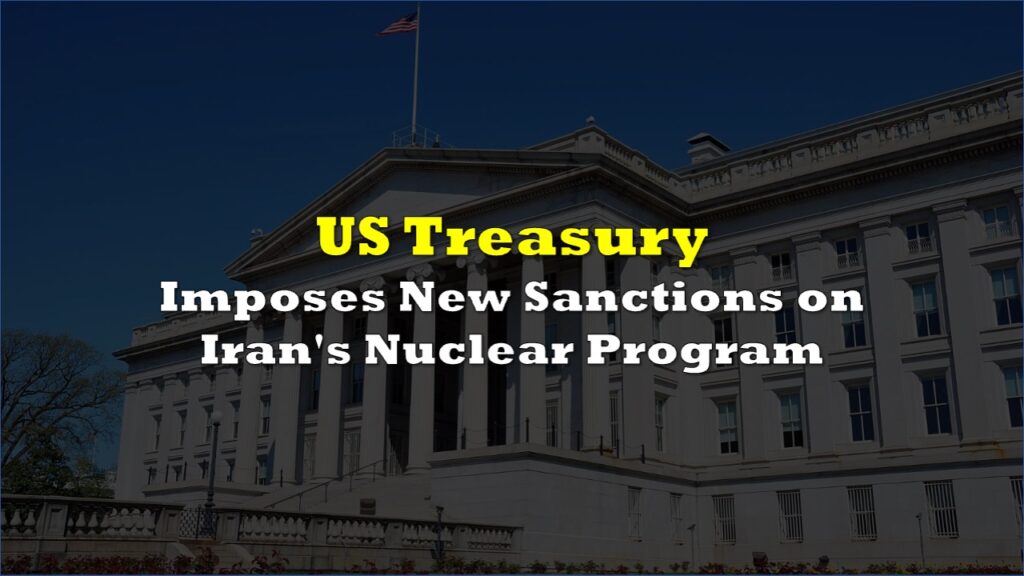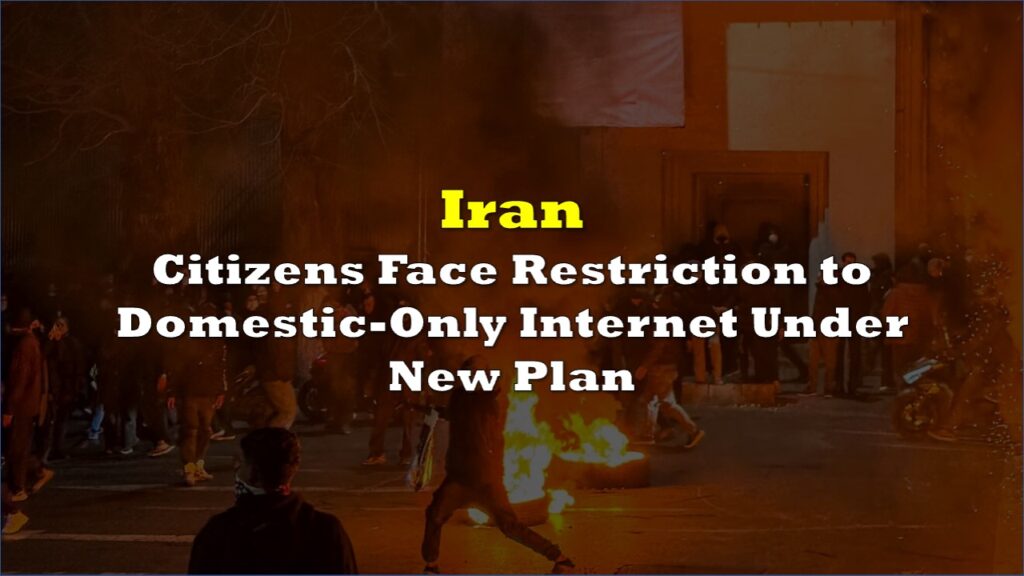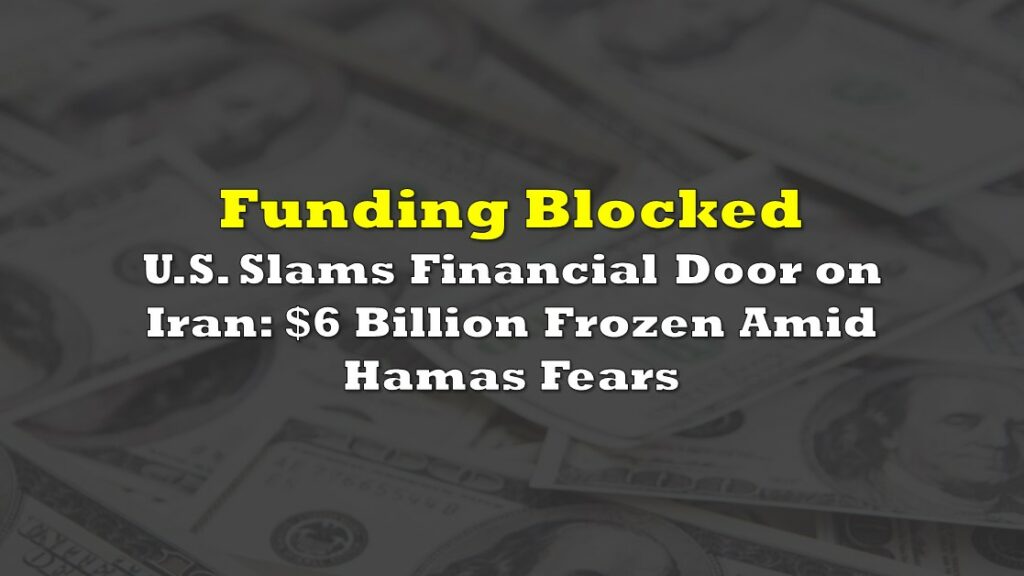The UK Maritime Trade Operations office issued what security firm EOS Risk called an “unusual advisory,” warning of an escalation that “could directly impact mariners” transiting the Gulf, Gulf of Oman and Strait of Hormuz. Within hours, oil tankers reported GPS jamming, insurance underwriters widened war-risk premium, and Brent futures jumped past $69.
Minutes later, the US State Department ordered non-emergency staff out of its Baghdad embassy and authorised voluntary departures from Bahrain and Kuwait. President Donald Trump confirmed the move, bluntly telling reporters that the Middle East “could be a dangerous place” and asserting the US won’t allow Iran to have a nuclear weapon.
Defence Secretary Pete Hegseth simultaneously green-lit the evacuation of military dependants across CENTCOM posts, a step last taken during the 2020 Soleimani crisis.
U.S. officials have confirmed to the Associated Press that the State Department is preparing to issue an official order for the departure of all nonessential personnel from the U.S. Embassy in Baghdad. Concurrently, authorization has been granted for the departure of nonessential… pic.twitter.com/u32zAtsvpJ
— GMI (@Global_Mil_Info) June 11, 2025
By dawn the next day, Naval Support Activity Bahrain—hub of the Fifth Fleet—shifted to high alert and offered dependants government-funded flights to any US state for up to six months.
Base officials would not say how many families plan to leave; the decision suggests Washington sees Bahrain, 150 km from Iran’s coast, as the likeliest first-strike target should hostilities ignite.
🚨BREAKING: The U.S. Navy has reportedly placed its base in Bahrain on HIGH ALERT. Dependents are being authorized for evacuation.
— John Ʌ Konrad V (@johnkonrad) June 11, 2025
Is something big brewing in the Gulf? https://t.co/AUOTlOAD0O
A senior US diplomat told Axios the situation is now “more serious than any other time in the past,” echoing CNN-reported intelligence that Israel is “fully ready” to hit Iran’s nuclear sites.
CENTCOM chief Gen. Erik Kurilla cancelled Thursday’s congressional testimony to remain at headquarters, one official said.
Tehran’s defence minister warned it would “hit US bases in the region” if attacked. In parallel, Moscow offered to extract Iran’s highly enriched uranium for civilian conversion, positioning itself as crisis broker even as Washington’s sixth-round nuclear talks in Oman appear unlikely to proceed.
According to CBS News, U.S. officials have been told Israel is now “fully ready” to launch an operation into Iran, with this being a primary reason for the announced evacuation of the U.S. Embassy in Baghdad and General Consulate in Erbil, as well as the departure of military… pic.twitter.com/YjGQBClFhv
— OSINTdefender (@sentdefender) June 12, 2025
In response to this morning’s resolution by the International Atomic Energy Agency, which concluded that Iran has violated its nuclear non-proliferation commitments, Tehran has announced it will reassess its cooperation with the IAEA and is now considering a possible withdrawal from the Treaty on the Non-Proliferation of Nuclear Weapons.
Analysts note Hormuz handles roughly a fifth of global crude exports; closure—even temporary—could replicate the 2019 tanker attacks.
Traders reacted instantly: spot gold broke to a one-week high of $3,382.61 per ounce while the dollar index fell to a 3-year low. Oil’s initial 4% surge faded as hedging balanced outright longs, but the forward curve steepened—classic pricing for supply-route risk through Hormuz.
Information for this story was found via Reuters, ABC News, The Jerusalem Post, and the sources mentioned. The author has no securities or affiliations related to the organizations discussed. Not a recommendation to buy or sell. Always do additional research and consult a professional before purchasing a security. The author holds no licenses.

